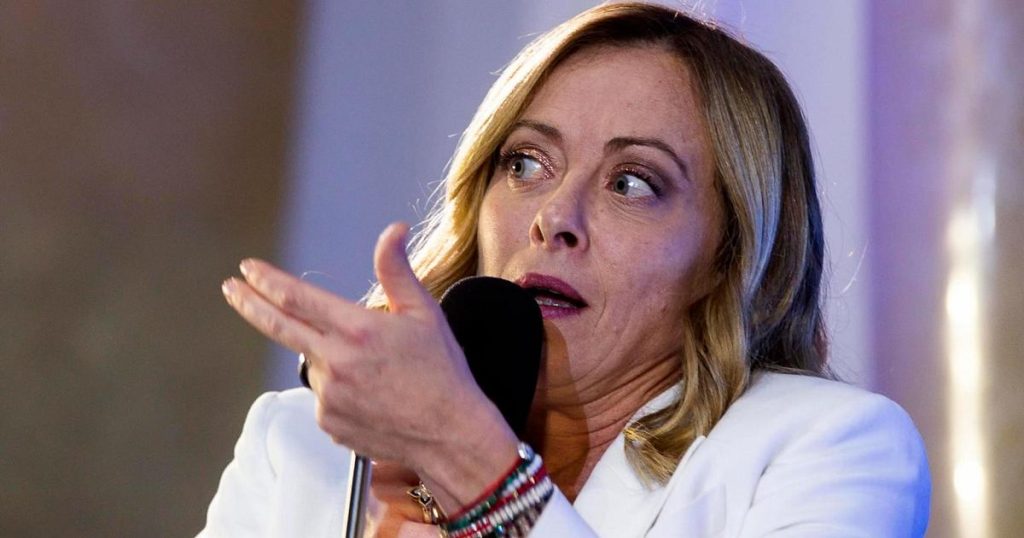The scheduled meeting between the government and the unions regarding the budget has been postponed, with Prime Minister Giorgia Meloni falling ill and rescheduling for the following Monday. The unions’ demands are on hold until then, with the government facing other challenges such as deciding how to allocate €1.3 billion from a settlement and reaching a compromise on the Rai television license fee. The delay has left representatives of workers waiting for a response from the government, labelled as the “fair of cuts” by the Cgil union. The situation is further complicated by the need to address various urgent matters within the majority, including the fate of additional funding and contentious issues such as the Rai license fee.
Moments before the scheduled meeting at the government headquarters, Prime Minister Meloni contacted union leaders personally to announce the postponement due to illness and set a new date for the meeting the following Monday at 8:30 am. The unions had already considered the late invitation to be insufficient, as it came as the budget was already in Parliament, leaving little room for adjustments. The unions’ expectations are now likely to diminish during a week of waiting. The Cgil union considers the budget inadequate on multiple fronts, particularly regarding taxes, where workers and pensioners are facing significant increases without balancing measures. The Uil union has joined the Cgil in maintaining a nationwide strike on November 29 if their concerns are not addressed. The Cisl union, on the other hand, acknowledges some positive interventions but opposes cuts in education and automotive industry funds while advocating for more support for minimum pensions.
Next week, the government will also meet with business leaders on Wednesday. The President of Confindustria, Emanuele Orsini, has emphasized that ongoing work with the government towards growth is progressing, including recent meetings with the Prime Minister. However, the scope for changes to the budget remains limited, as additional resources are primarily derived from a settlement scheme estimated to have generated €1.3 billion from over 500,000 self-employed workers. The government is considering reopening the scheme to achieve more substantial results beyond the initial revenue. The possibility of issuing a decree to reopen the scheme promptly is being explored to expedite the process compared to amending fiscal decrees or the budget.
The disposition of the settlement revenue, initially intended for further income tax reductions by Ministers Giorgetti and Leo, is now under review to benefit vulnerable groups, the middle class, or other interventions at the government’s discretion. This uncertainty underscores ongoing discussions within the majority coalition, where divergent opinions exist. The issue of the Rai license fee exemplifies these divisions, with the League pushing for a fee of €70 instead of €90 as stipulated in the budget. Consequently, the League plans to present an amendment within the fiscal decree being examined by the Senate budget committee. Meanwhile, a proposal to stagger the November income tax installment will also be tabled. Disagreements within the majority persist over the Rai fee, with Foreign Minister Antonio Tajani reiterating his opposition to any reduction. Ultimately, the focus remains on ensuring financial stability for the public broadcasting company.


